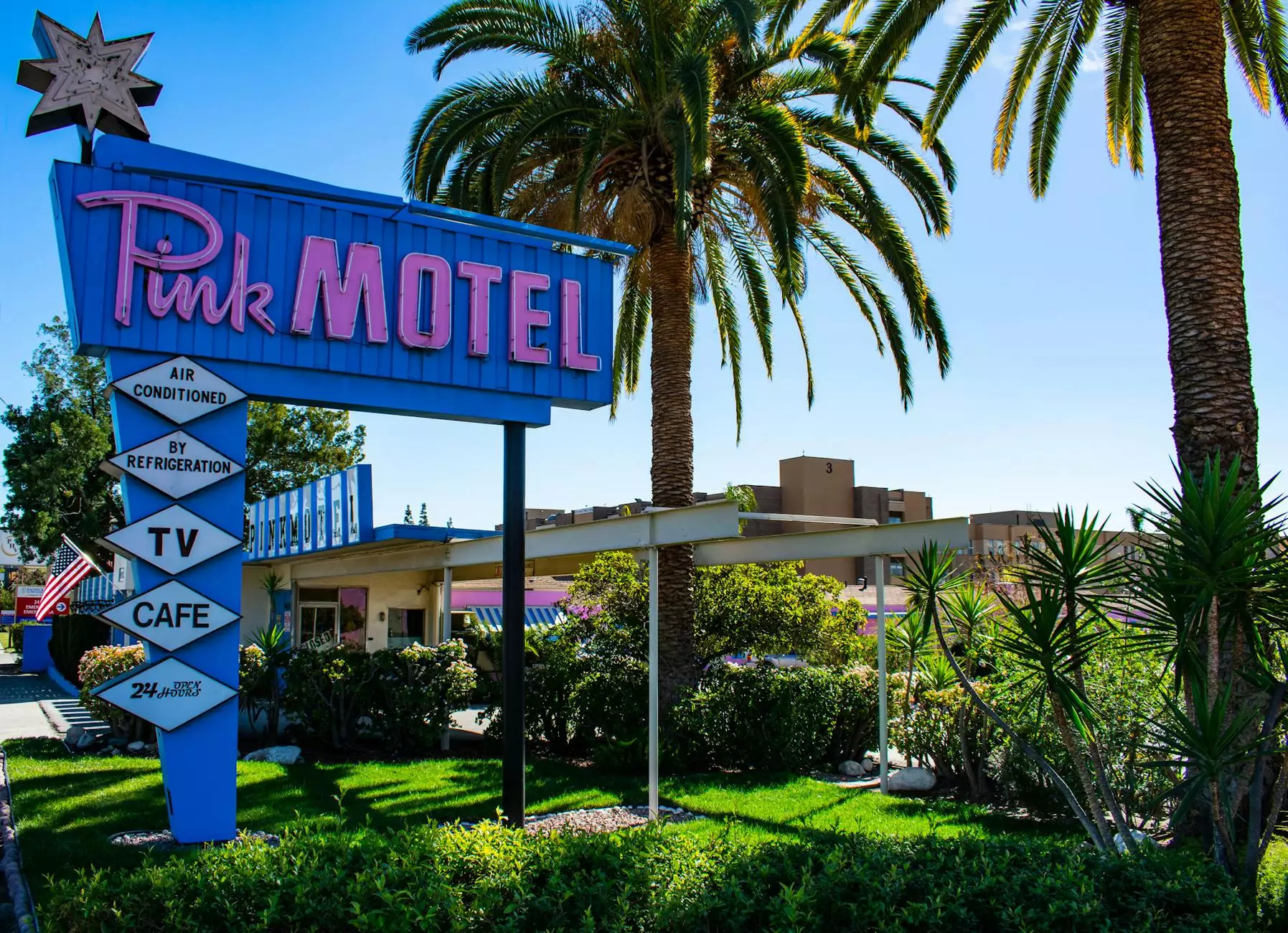The Essential Role of Refrigeration Equipment in Cold Chain Logistics

In the ever-evolving landscape of logistics and supply chain management, the significance of cold chain logistics cannot be overstated. It involves the transportation of temperature-sensitive products, which require precise temperature control from origin to destination. At the heart of this operation lie refrigeration equipment that plays a pivotal role in maintaining product quality and safety. This article delves deep into the functionalities of refrigeration equipment, its impact on cold chain logistics, and the various technologies that are shaping the future of this vital industry.
Understanding Cold Chain Logistics
Cold chain logistics involves a temperature-controlled supply chain that is crucial for industries such as food and beverage, pharmaceuticals, and biotechnology. The goal is to reduce the risk of spoilage and ensure that products arrive at their destination in pristine condition. This involves the use of refrigeration equipment throughout the supply chain, which can include:
- Refrigerated Trucks: Transport goods at controlled temperatures.
- Cold Storage Warehouses: Store products under specific temperature conditions.
- Temperature-Controlled Containers: Ensure that goods maintain their required temperature during transit.
The Importance of Refrigeration Equipment
Without adequate refrigeration equipment, the integrity of the cold chain is compromised, which could lead to financial losses and potential health hazards. Here are some key reasons why refrigeration equipment is essential:
1. Quality Assurance
Maintaining the quality of temperature-sensitive products is crucial for customer satisfaction. Refrigeration equipment ensures that perishable items like fruits, vegetables, meats, and dairy products remain fresh and safe for consumption. Any deviation in temperature can lead to spoilage, resulting in significant losses.
2. Regulatory Compliance
Regulatory bodies impose strict guidelines regarding the storage and transportation of certain products, particularly in the food and pharmaceutical industries. Proper refrigeration ensures compliance with these regulations, thereby avoiding legal penalties and protecting consumer health.
3. Extended Shelf Life
By employing effective refrigeration solutions, businesses can significantly extend the shelf life of their products. This not only reduces waste but also enhances profitability by allowing more time for sales and distribution. The advanced capabilities of modern refrigeration equipment mean that businesses can maintain optimal conditions for their goods, resulting in less spoilage.
4. Increased Efficiency
Investing in high-quality refrigeration equipment can lead to operational efficiencies. For instance, energy-efficient models reduce energy costs while maintaining optimal temperatures. Additionally, integrated refrigeration technologies allow for real-time monitoring, enabling businesses to react quickly to any potential issues.
Types of Refrigeration Equipment
Different types of refrigeration equipment cater to various cold chain requirements. Understanding these can aid businesses in selecting the right solutions for their specific needs:
1. Commercial Refrigerators
Designed for retail environments, these refrigerators are crucial for preserving food products. They come in various sizes and configurations, such as:
- Display Refrigerators: Showcase products while keeping them chilled.
- Under-Counter Refrigerators: Provide space-efficient solutions for kitchens.
- Walk-in Coolers: Allow for large quantities of stock to be stored at optimal temperatures.
2. Refrigerated Transport Vehicles
These vehicles are essential for the distribution of products that require a consistent temperature during transit. Key features include:
- Insulation: Minimize external temperature impacts.
- Temperature Control Systems: Ensure specific temperature ranges are maintained.
- GPS Tracking: Monitor and manage the transport process in real-time.
3. Cold Storage Solutions
Cold storage facilities are designed explicitly for the long-term preservation of perishables. Options include:
- Walk-in Freezers: Ideal for long-term storage of frozen goods.
- Blast Freezers: Rapidly freeze products to maintain quality.
- Refrigerated Warehouses: Custom-built to meet varying product needs and volumes.
Emerging Technologies in Refrigeration
The refrigeration industry is witnessing rapid advancements in technology that enhance efficiency and sustainability. Some of these include:
1. Smart Refrigeration Systems
Utilizing IoT technology, smart refrigeration systems allow for remote monitoring and control. Users can track temperature variations and perform diagnostics from anywhere, ensuring that products are always kept within safe parameters.
2. Energy-Efficient Equipment
Modern refrigeration units are designed to use less energy while maintaining performance, making them not only cost-effective but also environmentally friendly. Features such as variable speed compressors and advanced insulation materials are becoming standard.
3. Eco-Friendly Refrigerants
As environmental regulations tighten, the transition to eco-friendly refrigerants is becoming increasingly important. These alternatives have lower global warming potential (GWP) and help companies meet sustainability goals.
The Future of Cold Chain Logistics
As globalization continues, the cold chain logistics sector is set to grow significantly. Businesses must adapt to changing consumer demands for fresher products and increased transparency regarding food safety. The role of refrigeration equipment will become even more critical in meeting these expectations.
1. Increased Demand for Fresh Products
Consumers are increasingly seeking fresh and organic products, driving demand for effective cold chain solutions. Companies must invest in advanced refrigeration equipment to ensure the quality and safety of these items.
2. Integration of Supply Chains
With the rise of e-commerce, the cold chain is becoming more integrated with overall supply chain strategies. Efficient transportation and storage solutions will be essential for companies looking to compete in a digital marketplace.
3. Emphasis on Food Safety
Consumers are more informed than ever about food safety issues, prompting businesses to adopt rigorous standards for temperature control and product handling. Reliable refrigeration equipment is vital in maintaining these standards throughout the supply chain.
Conclusion
In conclusion, the role of refrigeration equipment within cold chain logistics is fundamental to ensuring the quality, safety, and efficiency of temperature-sensitive products. Understanding the types of refrigeration units available, their importance, and technological advancements can help businesses make informed decisions and optimize their supply chains. Emphasizing quality and compliance will not only safeguard consumer health but also enhance brand reputation and profitability.









